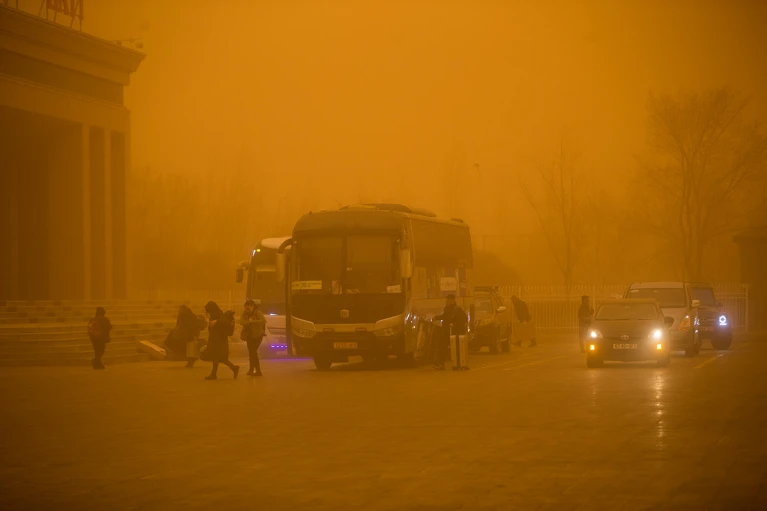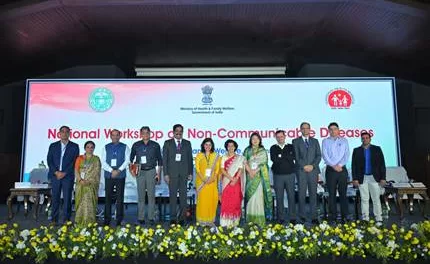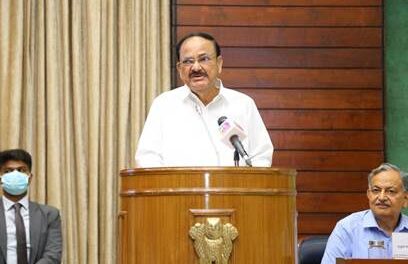As climate change accelerates, the risks to human health are becoming impossible to ignore. Rising temperatures, severe weather, and growing air pollution threaten not only the environment but also the health and well-being of people across the globe. Next week, the UN climate summit, COP29, will kick off in Azerbaijan, where leaders will discuss climate action amid what experts believe will be the hottest year ever recorded. The talks will also take place following Donald Trump’s re-election as U.S. President, a figure often criticized for his climate-skeptic views, adding further uncertainty to the global climate agenda.
“Climate change is making us sick, and urgent action is a matter of life and death,” the World Health Organization (WHO) warned recently, as scientists present mounting evidence linking climate change with severe health consequences.
Extreme Heat
The EU’s climate monitor recently confirmed that 2024 is “virtually certain” to surpass last year as the hottest in history. This milestone will likely mark the first time global temperatures are more than 1.5°C above the pre-industrial average, a threshold associated with catastrophic climate consequences. Among the many health concerns, extreme heat increases the risk of kidney disorders, strokes, adverse pregnancy outcomes, and even organ failure.
Heat-related fatalities are on the rise, with deaths among those over 65 rising by 167 percent since the 1990s, according to The Lancet Countdown report. Jeni Miller, Executive Director of the Global Climate and Health Alliance, emphasized that 2024 has underlined the growing toll of a warming climate on human health. Heatwaves in India led to 700 deaths and over 40,000 heatstroke cases, while extreme rain in Nigeria caused a deadly dam collapse, killing 320 people. This year, 48 out of 50 U.S. states have endured droughts of moderate to severe intensity.
Extreme weather events are also affecting food supplies, as droughts, floods, and hurricanes devastate agriculture and disrupt crop yields, leading to rising hunger and food insecurity in many regions.
Air Pollution
Nearly the entire global population—99 percent—breathes air that fails to meet the WHO’s guidelines for air quality. This exposure to pollution increases the risk of respiratory conditions, heart disease, strokes, lung cancer, and even diabetes, which is why WHO has compared the health risks of air pollution to smoking.
According to WHO data, almost seven million premature deaths occur each year due to air pollution. Lahore, Pakistan, recently recorded pollution levels 40 times higher than WHO’s guidelines, highlighting the stark impact in vulnerable cities.
There is a glimmer of progress, however: The Lancet Countdown report found a nearly seven percent decrease in deaths from fossil fuel-related air pollution from 2016 to 2021, largely due to reduced coal burning and cleaner energy initiatives.
Infectious Diseases
Warming temperatures are enabling disease-carrying insects and animals to migrate beyond their usual habitats, which raises the risk of infectious diseases. Diseases such as dengue, malaria, chikungunya, Zika, and West Nile virus are spreading in part due to rising temperatures and changing ecosystems. In fact, the transmission risk of a dengue-carrying mosquito has grown by 43 percent over the past 60 years.
Stagnant water from floods and storms further provides breeding grounds for mosquitoes, exacerbating the spread of mosquito-borne diseases and increasing the risk of waterborne illnesses such as cholera, typhoid, and diarrhea.
As COP29 commences, experts and policymakers will face the pressing challenge of how to respond to these growing health threats. With climate-induced health issues becoming more common and severe, the need for swift and comprehensive climate action has never been more urgent.












